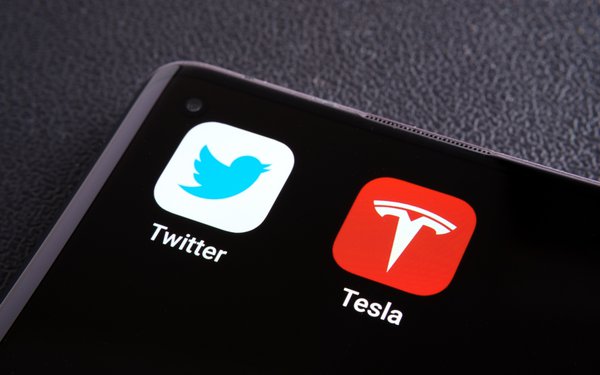Musk Still Needs Approval For Tesla Tweets, Court Says
- by Wendy Davis @wendyndavis, May 15, 2023

Siding against Twitter owner Elon Musk, a federal appellate court on Monday rejected his request to modify a court order that prevents him from tweeting about Tesla without first obtaining approval from the car company's lawyers.
The decision, issued by a panel of the 2nd Circuit Court of Appeals, upholds an order handed down last year by U.S. District Court Judge Lewis Liman in New York. Liman ruled that even though the restriction on tweeting affects Musk's right to free speech, he waived that right in order to resolve charges brought by the Securities and Exchange Commission.
The 2nd Circuit agreed with Liman, writing that people who enter into settlements can waive their constitutional rights.
Had Musk wanted “to preserve his right to tweet without even limited internal oversight concerning certain Tesla-related topics,” he could have negotiated a different agreement with the Securities and Exchange Commission, or defended himself against the agency's charges at a hearing, the appellate judges wrote.
Musk's settlement with the agency, entered into in 2018, stemmed from charges that he misled investors by tweeting earlier that year that he intended to take Tesla private. In addition to requiring Musk to clear his tweets in advance, the settlement required him to step down as chairman of the company's board, and to pay a $20 million fine.
Since entering into the settlement, the Securities and Exchange Commission launched two investigations of Musk's tweets -- the first involved tweets regarding involving Tesla's annual production of cars, and the second centered on a 2021 Twitter poll in which Musk floated selling 10% of his Tesla stock.
In March of 2022, Musk petitioned Liman to modify the settlement by lifting the restriction on his tweets, unsuccessfully arguing that the terms violated the First Amendment, and that the Securities and Exchange Commission was using the consent decree to “micro-manage” Musk's speech.
Musk's attorneys specifically pointed to the 2021 poll, arguing that it shouldn't have triggered an investigation because it wasn't “a statement or omission of material fact or a scheme to defraud.”
After Liman ruled against Musk, he reiterated his arguments to the 2nd Circuit.
The appellate judges said in Monday's ruling that they didn't see any evidence that the Securities and Exchange Commission “used the consent decree to conduct bad-faith, harassing investigations” of Musk's speech.


